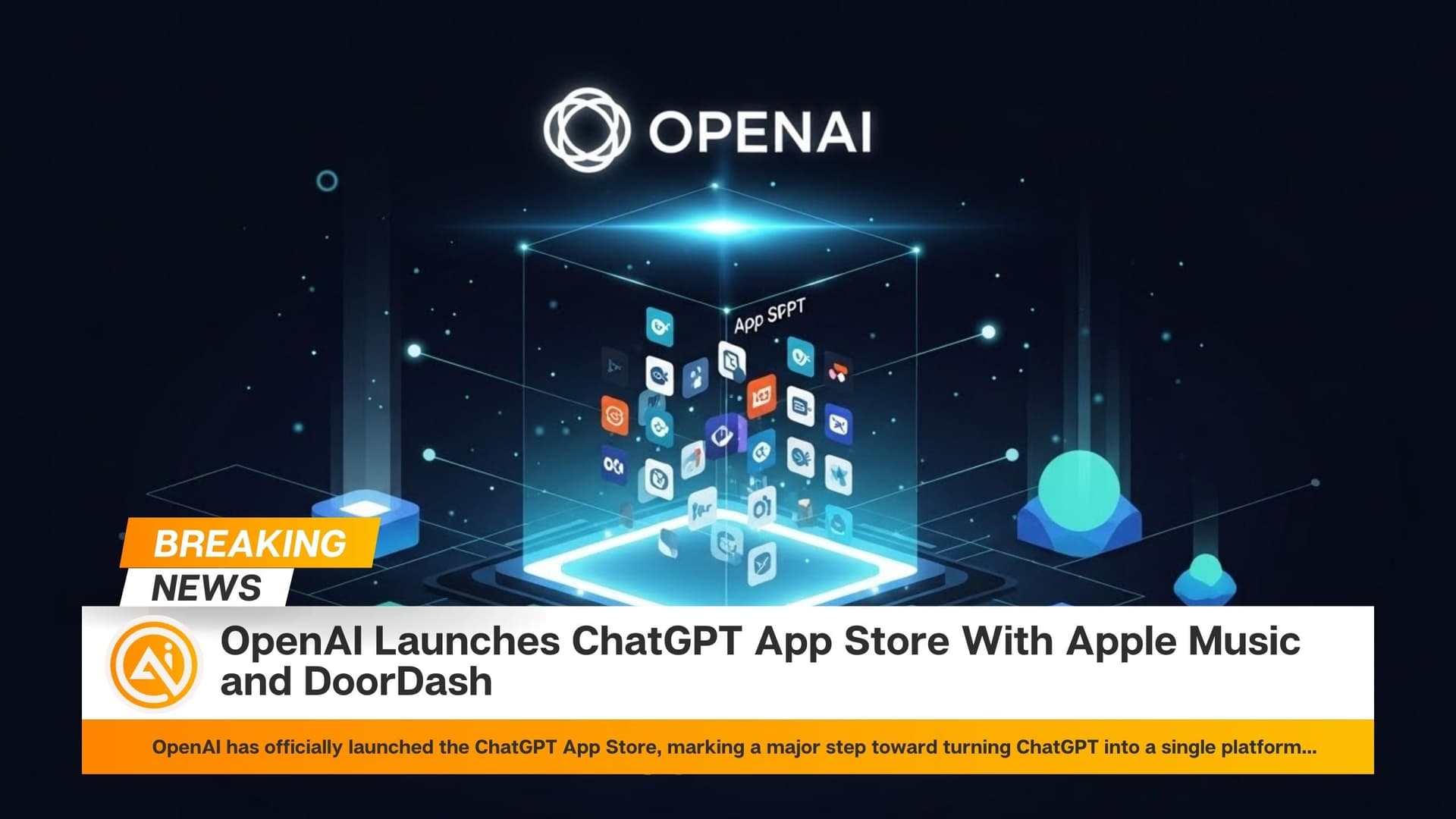Google has unveiled several groundbreaking AI models aimed at improving accessibility and healthcare applications. Among the new models is Gemma 3n, an advanced AI that can operate directly on mobile devices, laptops, and tablets without the need for cloud processing.
This makes it accessible to a broader range of users, even those with devices containing less than 2GB of RAM. Gemma 3n, built on the architecture of Gemini Nano, can process audio, text, images, and video, and is available in preview for developers.
In addition, Google has introduced MedGemma, a powerful open AI model designed specifically for analyzing medical images and text. MedGemma is part of Google’s Health AI Developer Foundations program, aimed at enabling developers to create specialized applications in the healthcare field. With its ability to handle multimodal healthcare tasks, MedGemma promises to be a key tool in advancing AI applications in the medical sector.
Another notable announcement is SignGemma, an AI model designed to translate sign language into spoken text. This model represents a significant step forward in making communication more accessible to the deaf and hard-of-hearing communities.
Despite some concerns regarding Gemma’s licensing, the models have seen widespread interest and adoption, signaling Google’s commitment to advancing AI for both accessibility and healthcare purposes. Through these models, Google is expanding its AI capabilities to address real-world challenges, providing powerful tools for developers across various industries.
